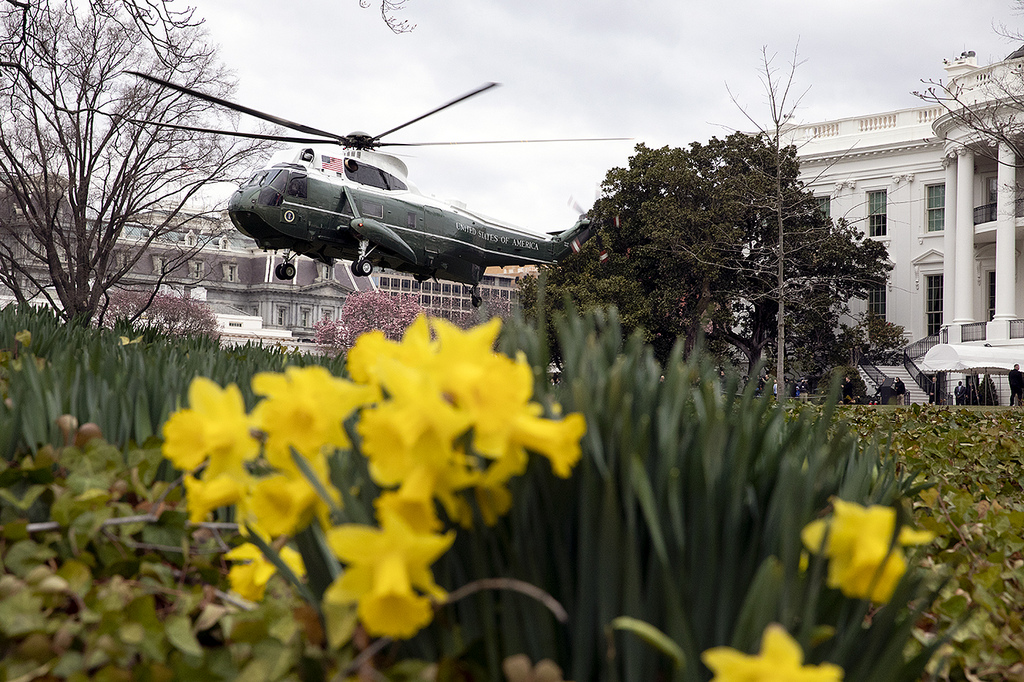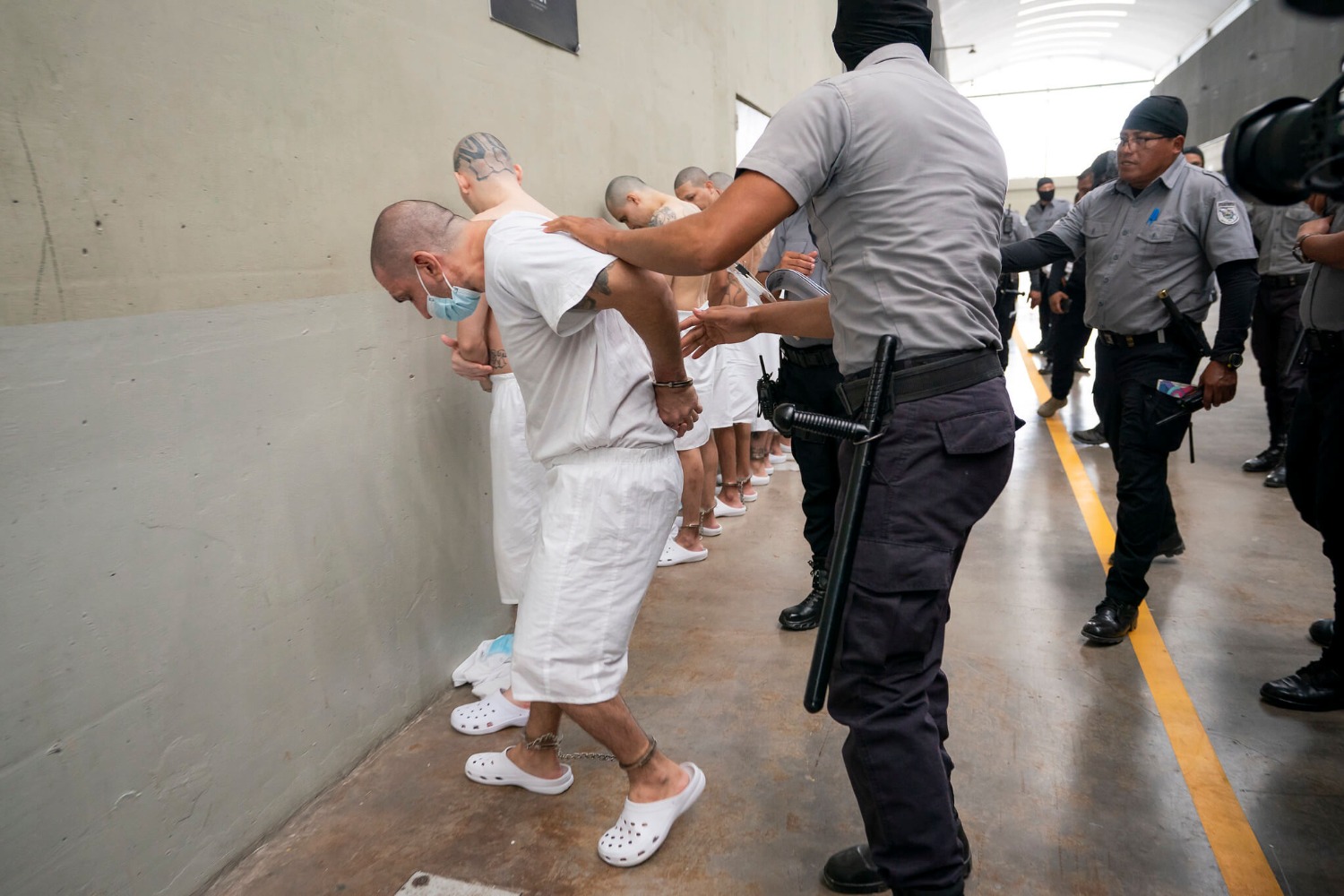Unpacking the Obstruction of Justice Mystery in the Barr Letter
On March 24, Attorney General William Barr sent a letter to Congress that summarized the “principal conclusions” of the report filed the previous week by Special Counsel Robert Mueller.

Published by The Lawfare Institute
in Cooperation With

On March 24, Attorney General William Barr sent a letter to Congress that summarized the “principal conclusions” of the report filed the previous week by Special Counsel Robert Mueller. The first of those conclusions—that the special counsel “did not establish that members of the Trump Campaign conspired or coordinated with the Russian government in its election interference activities”—has been widely seen as a vindication of President Trump’s claim of “no collusion.” There are a few ambiguities, as my Lawfare colleague Robert Litt has pointed out, but in the main this part of Barr’s summary seems fairly definitive.
But Barr’s letter is far more nuanced (dare I say, unclear?) in its description of Mueller’s investigation into obstruction of justice, leaving some mysteries that need to be unpacked.
Traditional Prosecutorial Judgment
The Barr letter says that Mueller “considered whether to evaluate the [obstruction] conduct under Department standards governing prosecution and declination decisions but ultimately determined not to make a traditional prosecutorial judgment.” What does this mean?
Well, first and foremost it is worth understanding what the Justice Department’s traditional standards are. They can be found in the Principles of Federal Prosecution, a manual created by the department to guide its employees in the exercise of their discretion. As the principles put it in § 9-27.220, the
attorney for the government should commence or recommend federal prosecution if he/she believes that the person’'s conduct constitutes a federal offense, and that the admissible evidence will probably be sufficient to obtain and sustain a conviction, unless (1) the prosecution would serve no substantial federal interest; (2) the person is subject to effective prosecution in another jurisdiction; or (3) there exists an adequate non-criminal alternative to prosecution.
So, a traditional evaluation begins with the obvious question: Can the government prove the case in court and obtain and sustain a conviction? Without that first assessment, the evaluation naturally comes to an end. But even if a conviction could be obtained, the prosecutor is also required to ask whether the effort will serve a “substantial federal interest.”
And, that phrase is, in turn, defined with some degree of particularity. Prosecutors must consider:
- Federal law enforcement priorities, including any federal law enforcement initiatives or operations aimed at accomplishing those priorities;
- The nature and seriousness of the offense;
- The deterrent effect of prosecution;
- The person’s culpability in connection with the offense;
- The person’s history with respect to criminal activity;
- The person’s willingness to cooperate in the investigation or prosecution of others;
- The person’s personal circumstances;
- The interests of any victims; and
- The probable sentence or other consequences if the person is convicted.
The criteria of “effective prosecution in another jurisdiction” and “adequate non-criminal alternative to prosecution” are likewise defined, though they are rather more self-explanatory. There is, naturally, some ambiguity (is impeachment an “adequate non-criminal alternative”?), but, in sum, these principles define how a prosecutor goes about making a decision to charge or decline a case.
What, then, could it possibly mean that Mueller decided not to make a traditional prosecutorial judgment? Might it be that he didn’t assess whether or not he had a strong enough case? Surely not—after all, he made precisely that determination with respect to the portion of his investigation concerning possible conspiracy and coordination between the Russian government and the Trump campaign. So he knows how to make that judgment and likely did so in the obstruction case as well—though exactly what he concluded is not clear. We should also surmise that Mueller made an overall prosecutorial judgment (or at least a tentative one), because Barr hints strongly that Mueller made that type of assessment in the obstruction case as well.
I strongly suspect that Mueller’s prosecutorial judgment was not definitive but it was sufficiently plausible, and that Mueller did not stop at that first step. Rather, Barr may be signaling that, in declining to make a traditional prosecutorial judgment, Mueller declined to judge whether or not prosecuting the president would serve a substantial federal interest.
If my speculation is correct, you can see why Mueller might do so. He might have thought the decision is above his pay grade. He might have thought that the situation was so unique that he was incapable of judging it well. Or he might have thought that Congress, rather than the executive, would be the proper decision maker. One thing this does hint at, though, is that Mueller directly faced the question of whether prosecution would be “worth it”—and that, in turn, suggests that he was at least tentatively of the view that he had passed the first hurdle and could, if pressed, make a case to obtain and sustain a conviction. If he did not think he had the evidence, then the second-order question of federal interests never would have arisen.
Difficult Issues
Next Barr writes that the Mueller report “leaves unresolved what the Special Counsel views as difficult issues of law and fact concerning whether the President’s actions and intent could be viewed as obstruction.” What might this mean, and what might those difficult issues be?
This is the heart of the matter. Again, I am speculating, but the indications are pretty solid that Mueller considered at least two difficult legal issues in assessing the president’s allegedly obstructive conduct. Indeed, he would have been remiss not to have considered them.
The first, of course, is whether or not a sitting president may be indicted. That question, by itself, is sufficiently difficult that Mueller may well have forgone his normal prosecutorial analysis of federal interests on that basis alone. If I were guessing, I would theorize that, when the Mueller report is made public, that legal question will play a prominent role in his analysis—a prominence that is elided in the Barr letter.
The second legal issue is one that Barr is familiar with and has already opined on—the question of whether a president may obstruct justice by taking an official act (such as, say, firing an FBI director). There is good reason to think that Barr’s assessment is legally incorrect, but Mueller, as a dutiful subordinate, was no doubt aware of Barr’s thinking and obliged to take it into account in assessing his own case. He certainly could not simply posit “ahh … the old man is wrong” and go ahead willy-nilly.
The factual challenges are, if anything, even more pronounced. First, and foremost, obstruction is an intent crime. The same act done for a lawful intent (say, firing James Comey to repair FBI management) is a crime if done with mal-intent (say, to thwart an investigation). Here, Mueller was not able to secure the president’s testimony—a decision that is itself worthy of lengthy discussion, but for my purposes here is a given—and thus was denied the best direct evidence of the president’s intent. More to the point, it is highly likely that Trump acted with a mixture of motives—and with motives that were ever-changing across the timeline of his activity. This is often true of many defendants, but it seems especially true of Trump, whose situational approach to his own motivation is a product of his unique character. That is not a good start to proving intentional obstruction.
Second, obstruction is harder to prove when there is no indictable underlying crime. Not impossible, but harder—the obvious response is “Why would I obstruct when I didn’t do anything wrong in the first instance?” As Barr put it in his letter: “[T]he Special Counsel recognized that the evidence does not establish that the President was involved in an underlying crime related to Russian election interference, and that, while not determinative, the absence of such evidence bears upon the President’s intent with respect to obstruction.” That’s a challenging barrier to prosecution.
Third, an obstruction case is difficult when the prosecution is dealing with damaged witnesses—that is, witnesses who have previously been convicted of lying (some even after pleading guilty) or who are likely to lie to defend Trump out of loyalty to him. Who are some of the other people who might be able to testify to Trump’s intent? Paul Manafort? Michael Flynn? Both are suspect because of their prior criminal pleas (and, in Manafort’s case, his postplea conduct). How about Donald Trump Jr. or Jared Kushner? Good luck getting truthful testimony from them. It’s hard getting children to testify against parents generally. It will be doubly hard in the context of this highly charged (and, in their view, politicized) context.
Fourth, and finally, many of the president’s actions took place (as Barr notes) in public view. This is not, of course, determinative, but again it does tend to negate intent, since the obvious response is, “If I thought it was obstruction, would I have done it on television?” Of course, a cagey criminal could game the system by obstructing in public, knowing that it weakens the prosecutor’s factual case. But the burden of proof lies with the prosecutor—and so that caginess is just a realistic assessment of how difficult proof beyond a reasonable doubt is or can be in contested cases. Here, as I said once before, it is likely that the president’s best defense to an obstruction charge is that he is ignorant of the law and of his role in the government.
The Role of the Attorney General
Finally, Barr writes that Mueller’s silence “leaves it to the Attorney General to determine whether the conduct described in the report constitutes a crime.” It is by no means clear why that is so. Nothing in the Justice Department’s principles requires that Barr make that determination. Indeed, the principles seem to lean in the other direction, providing for internal communications of declination decisions, rather than public expressions of a determination. The applicable principle says:
Whenever an attorney for the government declines to commence or recommend federal prosecution, he/she should ensure that his/her decision and the reasons therefore are communicated to the investigating agency involved and to any other interested agency, and are also reflected in the office files to ensure an adequate record of disposition of matters that are brought to the attention of the government attorney for possible criminal prosecution, but that do not result in federal prosecution. When prosecution is declined in serious cases on the understanding that action will be taken by other authorities, appropriate steps should be taken to ensure that the matter receives their attention. (Emphasis added.)
On this reading, it would have been perfectly acceptable for Barr to have said something like: “As the Special Counsel did, I have declined to determine the substantive merits of the case for obstruction charges. I do so in the expectation that action relating to those circumstances will be taken by other authorities (namely, those in Congress).”
That Barr thought it necessary to reach out and determine a matter that Mueller chose not to is the single most problematic aspect of his action. And not until the substance of Mueller’s report becomes public will it be possible to adequately judge Barr’s actions.




